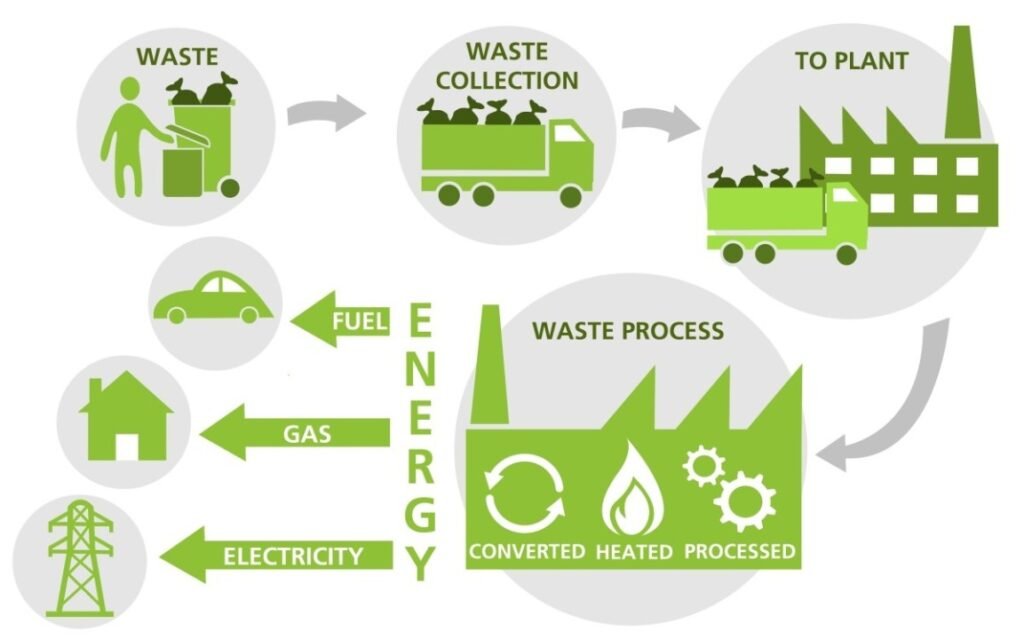
The evolution in the manufacturing of efficient charcoal briquettes has been remarkable over the last decade . These efficient and compact blocks have become a contributor to energy solutions for communities worldwide. Whether used for cooking or industrial purposes, charcoal briquettes are changing how we view and understand what fuel. In this article, we delve into understanding what charcoal briquettes are, their advantages and the impact they are creating in communities around the world.
What is a charcoal Briquette?
Charcoal briquettes are made from biomass materials such sawdust wood chips or agricultural waste. After carbonisation these materials are blended with a binding agent. And moulded into blocks. These blocks can then be used as a fuel source which burns cleaner and longer compared to wood charcoal.
Production Process
1. Carbonisation: Raw materials undergo high temperature treatment where the setup is deprived of oxygen to produce char.
2. Blending: The char is then mixed with a binding agent ( usually starch) to bind the mixture.
3. Compression: The mixture is compressed into shapes usually resembling pillow like blocks.
4. Drying: The briquettes undergo a drying process to reduce their moisture (usually under 15%)
Advantages of Charcoal Briquettes
– Enhanced Energy Efficiency
Charcoal briquettes are known to be more energy efficient due to their density compared to wood charcoal; making them a cost effective and efficient heat source.
– Consistent Performance
While traditional charcoal may vary in quality, briquettes are manufactured under controlled conditions to ensure uniformity and reliable performance. This consistent quality makes them a popular choice among consumers looking for better, more affordable and cleaner fuel options.
– Convenient Storage and Transport
Due to their uniform shape, briquettes are easy to store and transport, insuring a steady fuel supply especially in remote or rural regions.
Environmental Advantages
1. Combatting deforestation: By using residues and other biomass materials charcoal briquettes help curb deforestation by reducing the demand for tree cutting.
2. Lower Carbon Footprint: Briquettes do not emit pollutants compared to traditional charcoal; contributing to cleaner air and a healthier environment.
3. Efficient Waste Utilisation: The use of waste in briquette production aids in waste management practices fostering a sustainable economy.
The Impact of Charcoal Briquettes, on Global Communities
1. Africa – Changing Lives and Environments
Charcoal briquettes are playing a role in meeting energy needs and promoting sustainability in African nations.
– Job Creation and Poverty Reduction
The process of producing charcoal briquettes involves multiple stages such as collecting raw materials, carbonisation, mixing and compression. Each stage requires labour, creating job opportunities for communities. This can help reduce unemployment and alleviate poverty in areas where job options are limited.
– Business Opportunities
Converting biomass into briquettes creates entrepreneurial opportunities for small and medium sized businesses (SMEs). Entrepreneurs can establish briquette production units to supply both national and international markets. This can help some communities not dependence on imported fuels and boost their local economies. With support and investment SMEs can flourish, contributing to economic growth.
2. Asia: Innovative Approaches to Energy
Countries like India and Indonesia are witnessing the impact of charcoal briquettes on energy consumption and environmental conservation.
– Household Energy Security
In regions with access to electricity or expensive gas options, charcoal briquettes offer a cost effective energy sourc, for cooking and heating purposes.
Charcoal briquettes help in enhancing the quality of life of these communities. They are also reducing health risks linked to traditional charcoal fuels like indoor air pollution.
In regions with industries where there is a growing adoption of briquettes as an option compared to coal and other fossil fuels, businesses are seeing a cut down on operational costs, reduction on carbon emissions, while promoting sustainable industrial practices.
3.American: Environmental Conservation
American nations are leveraging charcoal briquettes to promote community development and environmental conservation.
Community driven projects in places such as Brazil and Mexico have showcased the advantages of charcoal briquettes. Local cooperatives collect biomass waste, convert them into briquettes and distribute them within the community. These initiatives create job opportunities encourage community involvement and support energy practices.
By reducing reliance on wood charcoal these efforts help safeguard forests and biodiversity. This conservation work is essential for maintaining a balance between being environmentally conscious while supporting the livelihoods of communities that rely on forest resources.
In conclusion charcoal briquettes are revolutionising the way energy is being generated for a more sustainable future.
From Africa, Asia to Latin America, charcoal briquettes play an important role in communities, enhancing and boosting economic growth and fostering environmental preservation.


